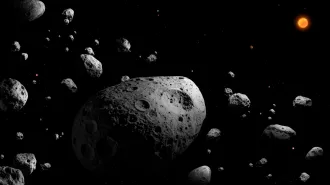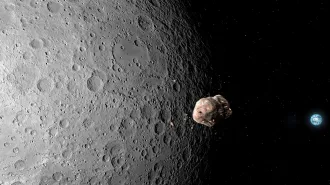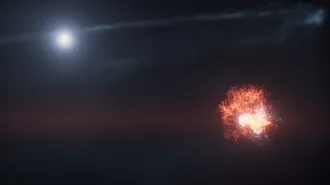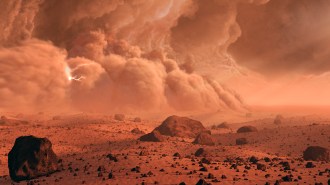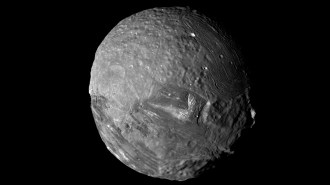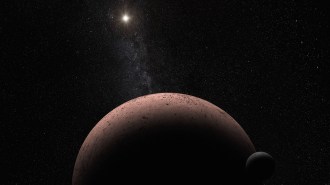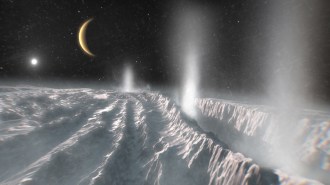It’s time to redefine what qualifies as a planet, scientists propose
Redefinition would add Pluto back to the list, plus about 100 more

PLANET OR NOT? A group of planetary scientists label Pluto and many other orbs in the solar system as planets, despite the definition set down by the International Astronomical Union in 2006.
Johns Hopkins University Applied Physics Laboratory, Southwest Research Institute, NASA
